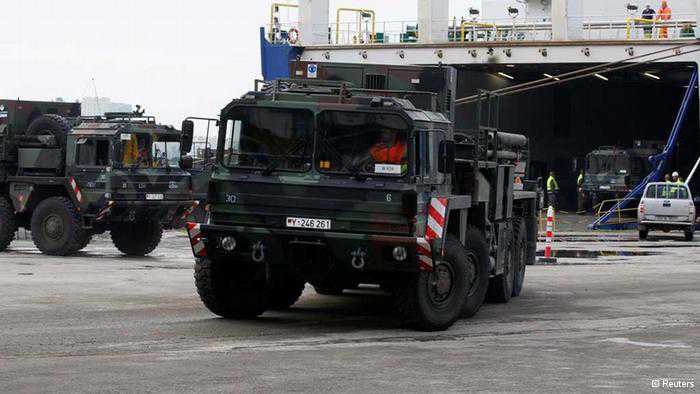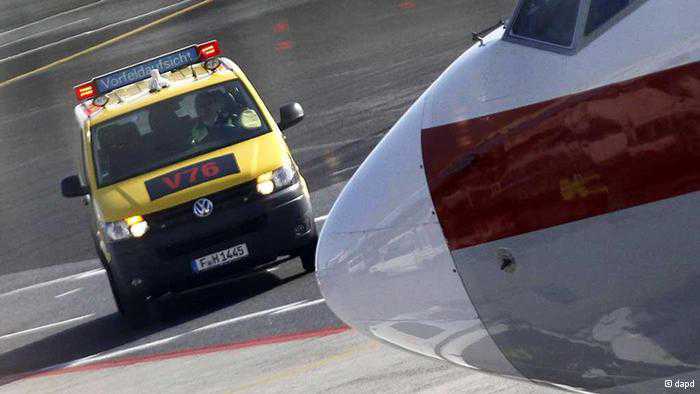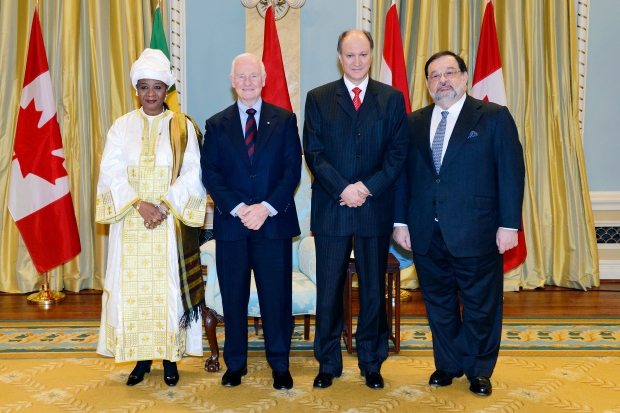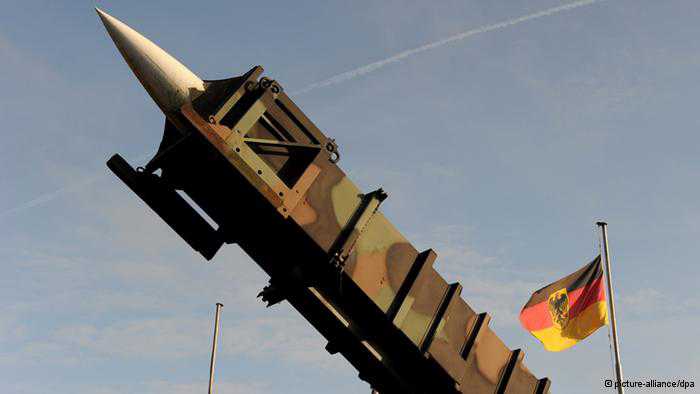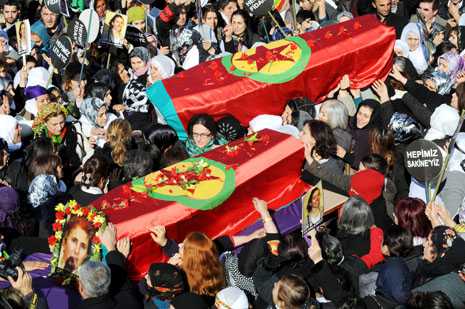 The Kurdish movement in Turkey works in isolation. Guerillas with the outlawed Kurdistan Workers’ Party (P.K.K.)—which has, for decades, fought the Turkish Army for constitutional rights and autonomy—leave their families for remote posts in the Qandil mountains, on the border between Turkey and Iraq. Hundreds of miles stretch between Istanbul and the politically charged, majority-Kurdish southeast, where economic opportunities are scant compared to western Turkey. Nationalistic media and education on both sides have established an even wider psychological gap. Prisons, where the violent arm of the P.K.K. first came together, continue to hold dissenting Kurds. And, in spite of almost thirty years of armed struggle in a region bordering countries crucial to the political future of the West and the world, Kurds remain largely offstage.
The Kurdish movement in Turkey works in isolation. Guerillas with the outlawed Kurdistan Workers’ Party (P.K.K.)—which has, for decades, fought the Turkish Army for constitutional rights and autonomy—leave their families for remote posts in the Qandil mountains, on the border between Turkey and Iraq. Hundreds of miles stretch between Istanbul and the politically charged, majority-Kurdish southeast, where economic opportunities are scant compared to western Turkey. Nationalistic media and education on both sides have established an even wider psychological gap. Prisons, where the violent arm of the P.K.K. first came together, continue to hold dissenting Kurds. And, in spite of almost thirty years of armed struggle in a region bordering countries crucial to the political future of the West and the world, Kurds remain largely offstage.
But recently a few things changed. In Syria, Kurds took control of the northeast, envisioning a future after Assad that includes them. In Iraq, Kurds began managing their own oil deals, defying Baghdad in a push that might transform the de-facto independence of Iraqi Kurdistan into real independence. Turkey, on the heels of a sixty-eight-day hunger strike started by Kurdish prisoners, began new peace talks with Abdullah Ocalan, the imprisoned leader of the P.K.K. Then three Kurdish women were murdered in Paris, shot in the office of the Kurdish Information Center, near the busy Gare du Nord, and the Kurdish issue took on the life of an international murder mystery.
Whoever shot Sakine Cansiz, Leyla Soylemez, and Fidan Dogan in the office that day used a silencer, a fitting symbol for what is assumed to be the killer’s motive: an end to the talks between Ocalan and the Turkish government. Who did it was less clear. Was it nationalistic Turks? Iranians? A rival Kurd? A few days ago, French authorities arrested Omer Guney, a thirty-year-old Kurd who had worked as Cansiz’s driver, and who has reportedly claimed to be a member of the P.K.K. The arrest has had a calming effect on Turkish politicians, like Prime Minister Recep Tayyip Erdogan, who said that anyone who thought the Turkish state was responsible for the murders “will be ashamed and will apologize when the incident comes to light.”
French authorities continue to investigate Guney, who, they say, was in the office around the time of the murders, and the case is not yet closed. The response from the Kurdish side—including statements from the P.K.K., which denies that Guney was a member—are in direct opposition to Erdogan’s confident tone.
But even if no one is ever convicted of pulling the trigger that day in Paris, the murders are an important moment in Kurdish-Turkish relations, carrying the issue across oceans, and clarifying a few key components along the way.
People in Turkey want the war to stop, but the murders could still have halted the negotiations. “We know that whenever such a process starts, there are spoilers,” said Kerim Yildiz, the director of the U.K.-based Democratic Progress Institute, and himself a Kurd living in Europe. “But this is an extremely positive step that must be supported by everyone.” Unlike in the past, the pro-Kurdish Peace and Democracy Party (B.D.P.) was directly involved and the talks have been made public. Selahattin Demirtas, the co-chair of the B.D.P., whom I reached through D. Dogan, a Kurdish human-rights activist, has been adamant that talks continue, even in the wake of the murders and even though the arrest may expose a rift among members of the P.K.K. “Previous meetings were also being conducted by the government, but they were discreet and mostly conducted in secret,” he wrote to me. “In previous processes the government made serious efforts to prevent any leaks of information, holding off details. This time it was made public by the prime minister himself.”
The Kurdish issue is an international one. Kurds themselves are spread among Turkey, Iraq, Iran, and Syria, as well as a large diaspora community, of which the three murdered women were a part. The Kurdish Institute in Paris estimates the number of Kurds in Western Europe to be close to a million. Kurds in exile import the politics of home. Cansiz, Soylemez, and Dogan worked as lobbyists on behalf of Kurdish rights; Dogan was the Paris representative for the Brussels-based Kurdish National Congress. On the surface, such work so far from Qandil would seem safe, but the duration and intensity of the conflict in Turkey has tainted even the most nonviolent, distant work on behalf of Kurds.
The Kurdish issue is multigenerational; Cansiz was in her fifties and a founding member of the P.K.K., but Soylemez was twenty-four. Dogan would have turned thirty-two on the day her body was returned to Turkey. Far from being an issue relegated to feuding older generations, young Kurds have internalized the brutality of their parents’ generation. Local sociologists refer to them as the “nineties generation”—Kurds who were children during the harsh nineteen-nineties, and respond to their parents’ wrenching testimonies and their own vague memories by rebelling against the Turkish state. Nazan Ustundag is one of these sociologists studying the impact of the conflict on young Kurds. “How do you become somebody in Turkey if you are a Kurdish person?” she asked one day last year, when we met for coffee in Istanbul. “They cannot be assimilated. Those days are over.”
Last week, the bodies of Cansiz, Soylemez, and Dogan were returned to Turkey, to be buried. In Diyarbakir, southeast Turkey’s most important city, they were met by thousands of mourners, who followed the flag-draped coffins as they were carried through the crowd. Protests are common in Diyarbakir, and often devolve into clashes between protesters and police, but that day they were peaceful. Baris Alen, who works in the mayor’s office, told me that the major difference between the gathering that day and previous demonstrations was “the attitude of the police force. It was obvious they were trying not to disturb the event.” Speeches, too—even those from the families of the murdered women—revealed that both sides were still focused on peace. “Basically we can say that Kurdish people strongly support the peace process,” Alen said.
There is reason for optimism. The bodies of the three women left Paris and landed in Turkey, and brought with them the cameras and pens and curious, mournful eyes not just of the Kurds who left their homes and jobs in Diyarbakir to attend the demonstration, but the Kurds living in Europe and the Turks ready for peace. These murders—as vicious as they were—could be a turning point for Turkey. Given the political activism that marked the lives of Dogan, Soylemez, and Cansiz, it is a worthy legacy.
Photograph: Bulent Kilic/AFP/Getty

